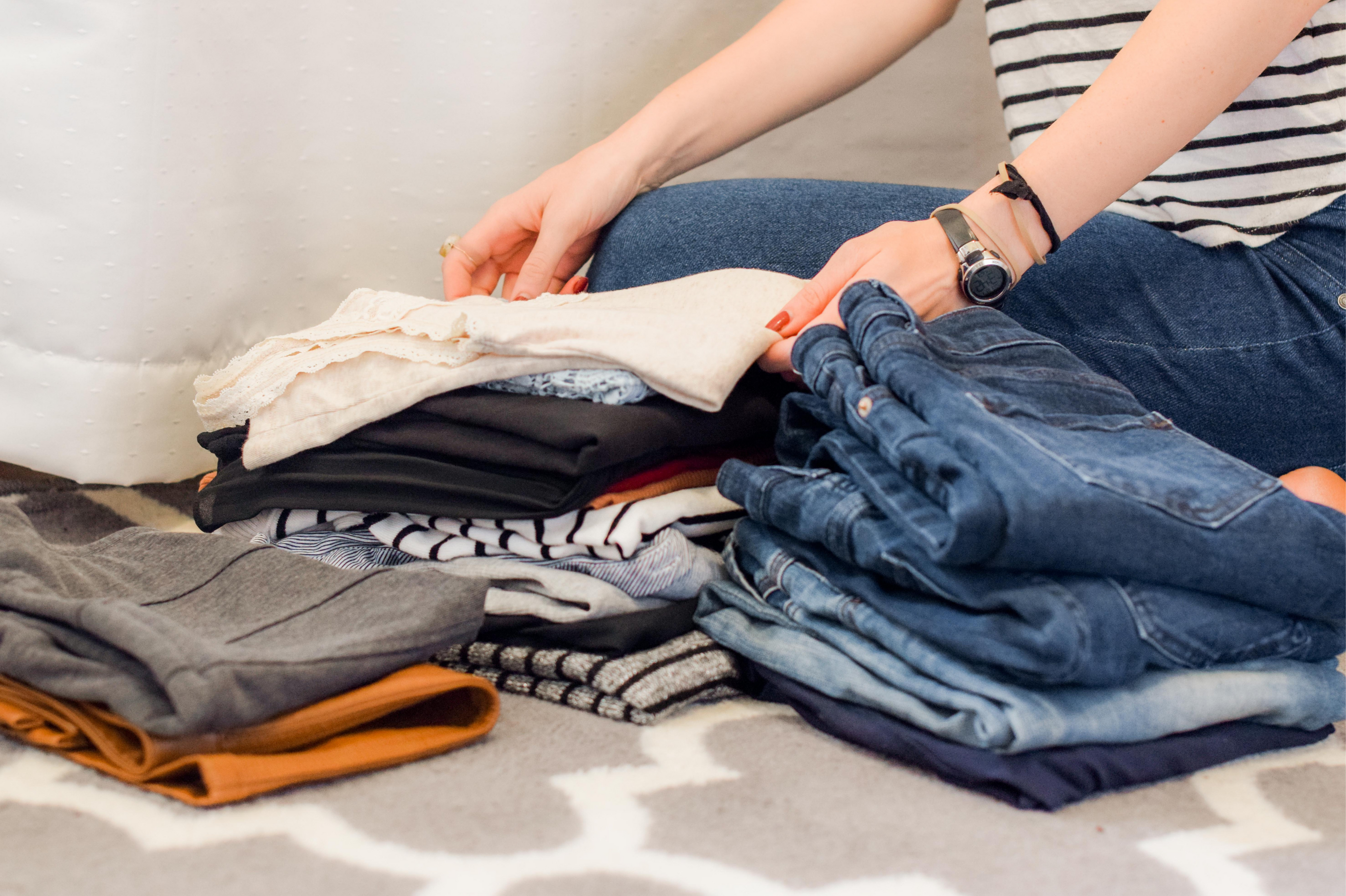
Ethical Manufacturing in Fashion: People, Animals and the Planet
What is ethical manufacturing?
In the ever-growing world of fashion in a consumerist culture, the term ‘ethical’ gets slapped on brand mission statements and garment labels more and more often. The expectation for fashion brands is rising by the day, as consumers become more aware of the various impacts their purchases have on both people, and the planet.
There is no one definition for ‘good ethics’ when it comes to fashion, because there are so many things to consider. In a broad sense, ‘Ethical manufacturing’ refers to a production process that takes into consideration workers’ rights, animal rights, and environmental impact. That is, an ethically manufactured bag would be made in alignment with what is best for the people, the animals, and the planet.
Okay, but how do we know if a brand manufactures truly ethical products?
There are several benchmarks for ethical manufacturing, as there are several components to the manufacturing process.
The People
The fashion industry is one of the most notorious for poor working conditions and exploitation of workers. This can include providing unliveable wages, utilizing child labour, cultivating hazardous working environments, and forcing overtime hours.

Photo by Unsplash - Rio Lecatompessy
Globally, 1 in 6 people work in the fashion industry, most earning less than $3 a day. On top of being underpaid and overworked, people working in the manufacturing stage of fashion often fall victim to poorly maintained working environments, resulting in both small and large-scale fatal disasters. It has now been 8 years since the Rana Plaza tragedy, yet these issues remain very present. In the documentary ‘The True Cost’, these working conditions are exposed, along with the many other flaws involved in the fashion system.
Truly ethical brands will be transparent about their efforts to ensure workers’ rights and conditions are met. If not outlined on their website, consider contacting the brand directly with your questions. Most actually will respond!
The Planet
‘Fast Fashion’ has taken the world by storm, and despite the rising number of climate change activists speaking out against the issue, the fast fashion industry remains rampant. The resources used to manufacture a clothing item or accessory go beyond the fabric and finishings, extending to water usage, toxic waste from chemical dyes, carbon emissions, and microfibre pollution.

Photos by Unsplash - Marcus Spiske and Ethan Bodnar
The manufacturing process CAN be environmentally ethical and sustainable. Look for brands that use recycled fabrics, or renewable resources as their main materials. Also, most environmentally conscious brands will give insight on their factories and production processes. Check out our page here on what environmentally-conscious manufacturing looks like for Monte & Coe.
The Animals
Among each individual’s definition of ‘Ethical manufacturing’, animal rights can play a varying role. Certain consumers are 100% against the use of any and all animal products and byproducts in the fashion industry. Others value ethically and sustainably-sourced animal products from the brands they purchase from. Either way, transparency is key, and most consumers want to know the details of the methods used to extract animal materials before purchasing.
To determine a brand’s ethical stance when it comes to the animals, see if they have listed the types of fabric or materials used to make the product. Common animal products include wool, leather, and silk. If the origin of the materials appears unclear, don’t be afraid to ask!

Curious about the animal-sourced materials we use at Monte & Coe? Learn about our sustainable wool here, and our vegetable-tanned leather here!
To be sure that a brand is manufacturing ethically in terms of the people, the planet, and the animals, check out this list of fashion brands ranked, otherwise known as the Fashion Report.




Leave a comment
This site is protected by hCaptcha and the hCaptcha Privacy Policy and Terms of Service apply.